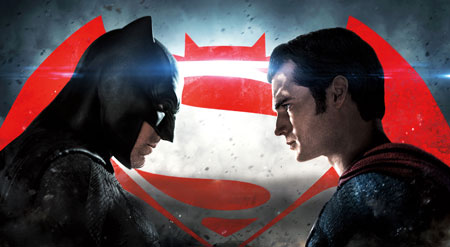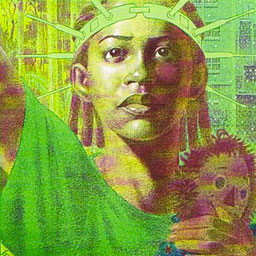 Frank Miller and Dave Gibbons’ brilliant Give Me Liberty features a surreal America in the near future that is falling apart. Their Martha Washington, a young black woman raised in a housing project, is a tough, resourceful, heartbreaking heroine who journeys through and ultimately survives this America.
Frank Miller and Dave Gibbons’ brilliant Give Me Liberty features a surreal America in the near future that is falling apart. Their Martha Washington, a young black woman raised in a housing project, is a tough, resourceful, heartbreaking heroine who journeys through and ultimately survives this America.
Koom and Kumar reflect upon the neglected classic and its eerie ability to touch upon the spirit of America during this election season. They recorded this podcast after the third presidential debate, when Hilary Clinton seemed likely to win, and joked about the connections. Sometimes, reality has a way of outdoing fiction.
Podcast: Play in new window | Download

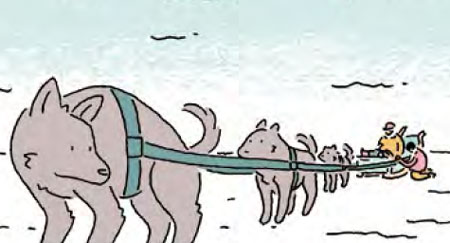
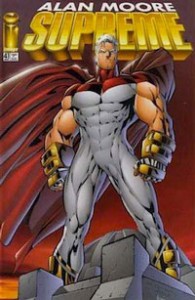 Join Kumar and Koom as they discuss Alan Moore’s run on the palladium paragon, the alabaster avenger, the archetypical archetype: Rob Liefeld’s Supreme. Kumar tries not to lose it over the Image era ‘artwork’ while Koom attempts to reconcile supremium with revisionist theory. Supreme was Moore’s last outing with a true blue superhero in the classical mould. Both postmodern and nostalgic for lost comic values at the same time, this run sits Janus-like between Moore’s early work and his modern period.
Join Kumar and Koom as they discuss Alan Moore’s run on the palladium paragon, the alabaster avenger, the archetypical archetype: Rob Liefeld’s Supreme. Kumar tries not to lose it over the Image era ‘artwork’ while Koom attempts to reconcile supremium with revisionist theory. Supreme was Moore’s last outing with a true blue superhero in the classical mould. Both postmodern and nostalgic for lost comic values at the same time, this run sits Janus-like between Moore’s early work and his modern period.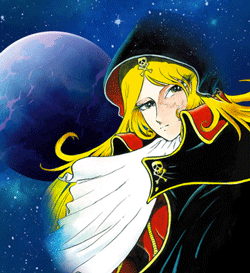 The epic space opera
The epic space opera 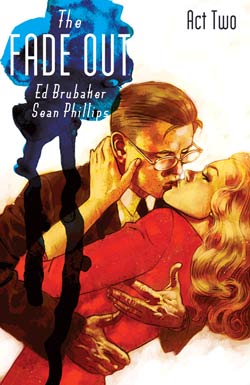



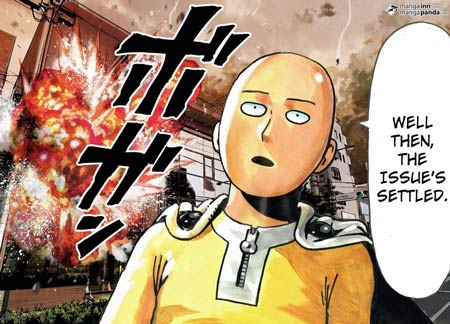 One Punch Man was originally a
One Punch Man was originally a 
